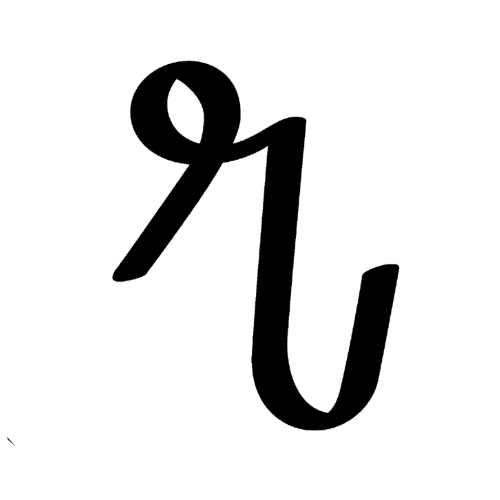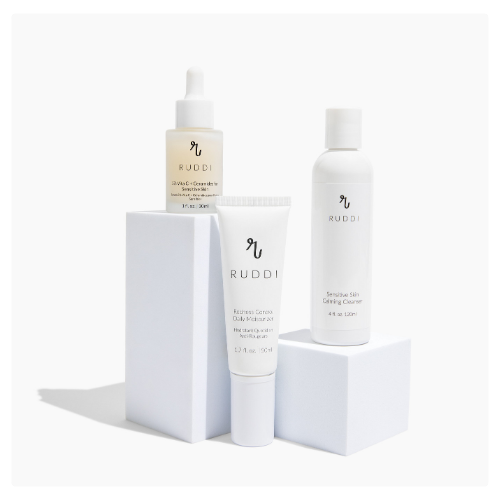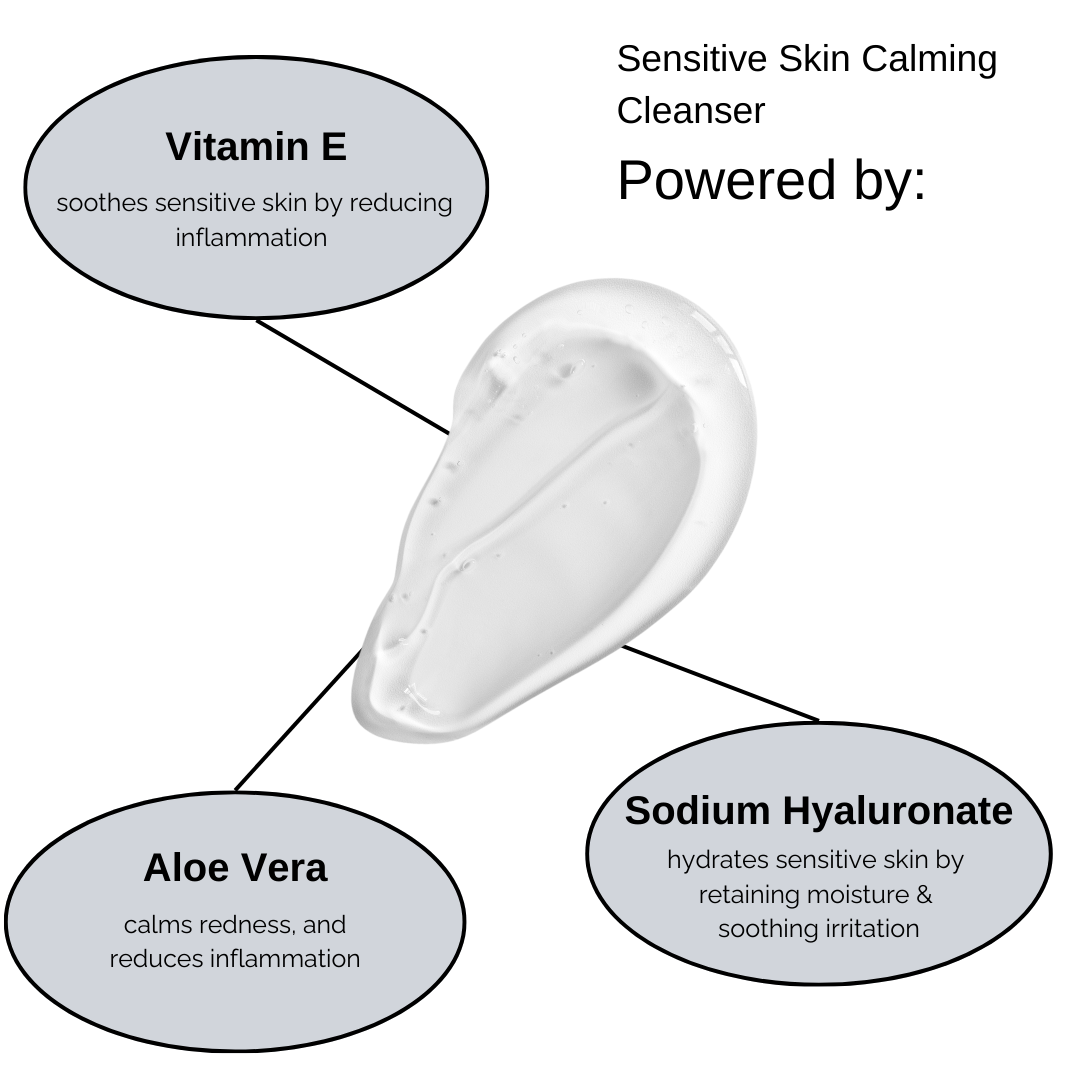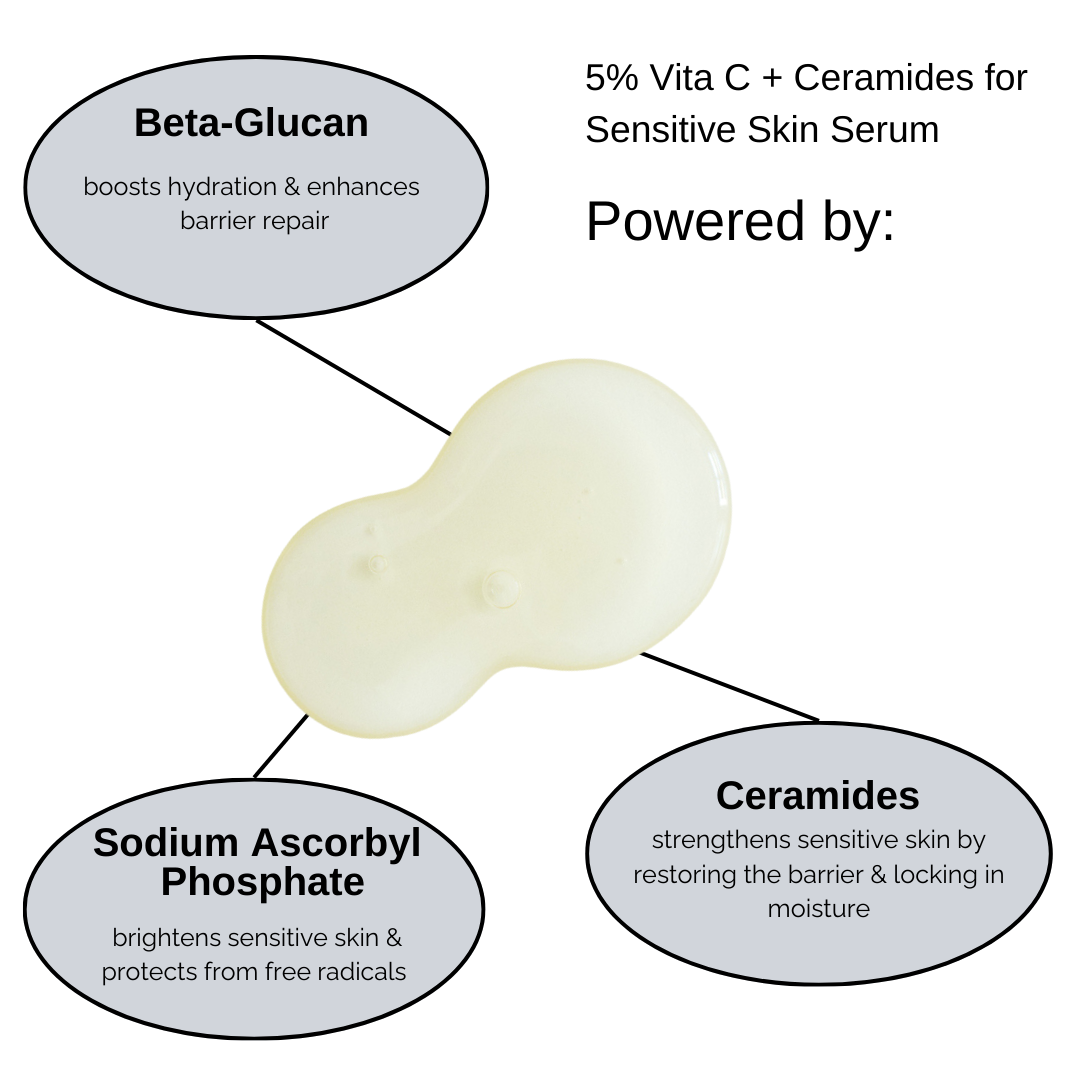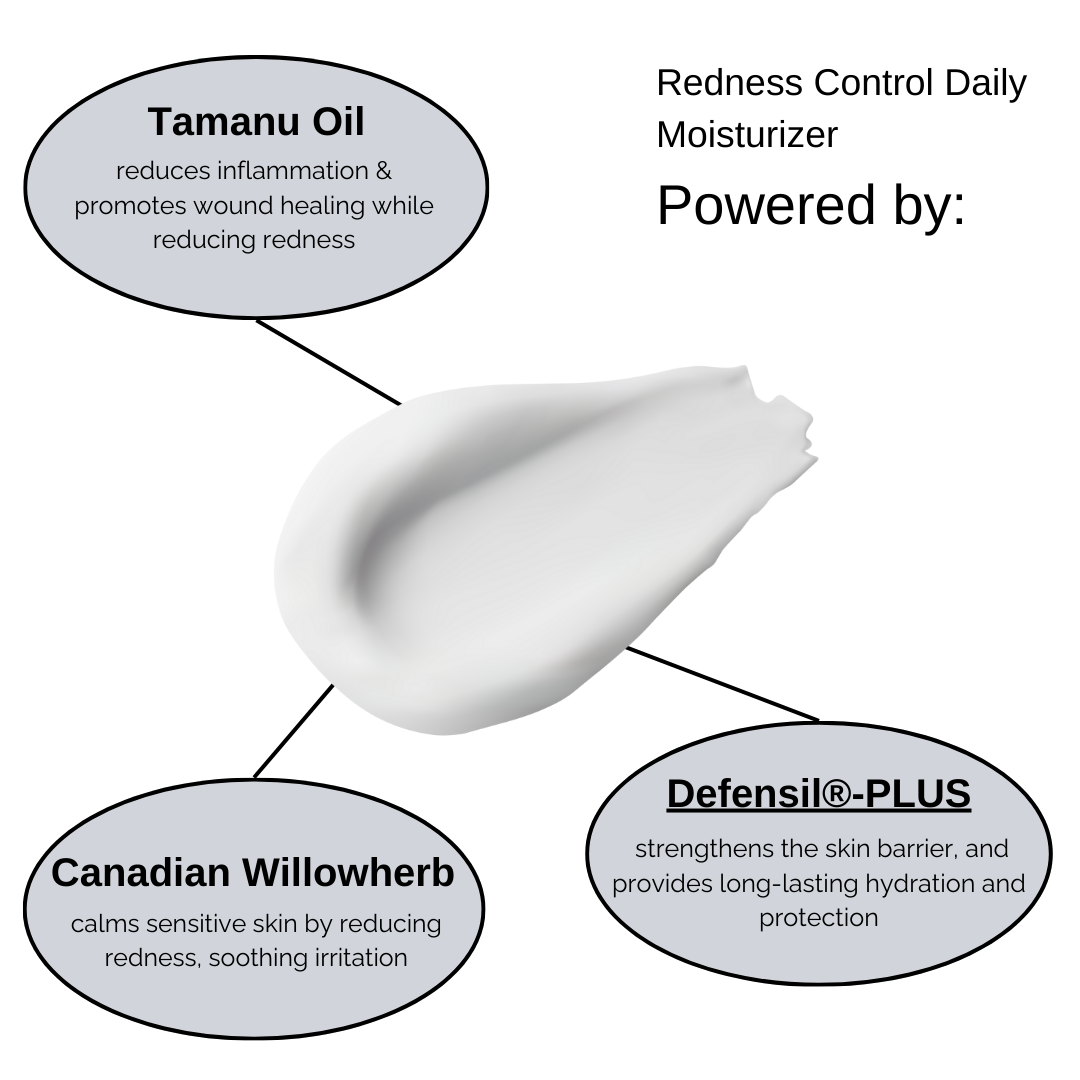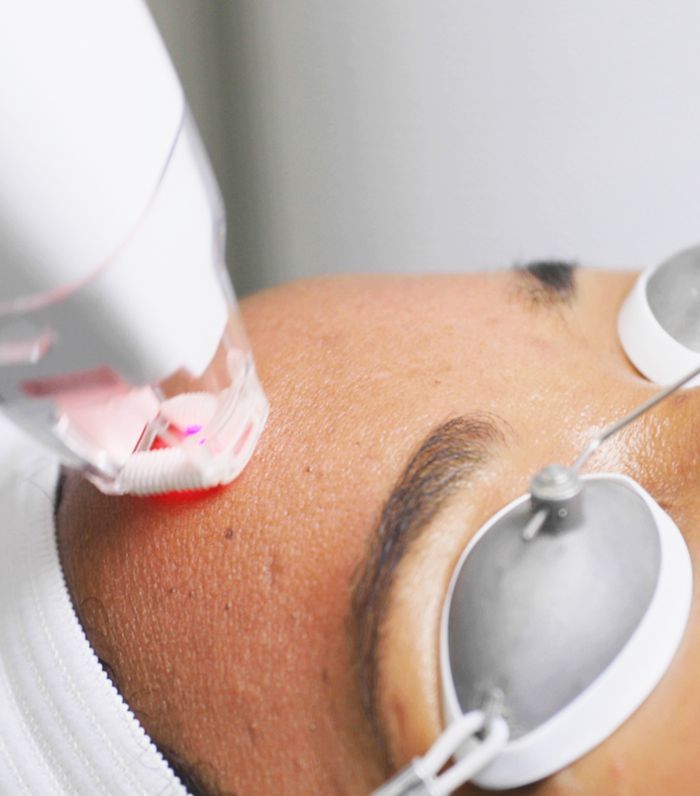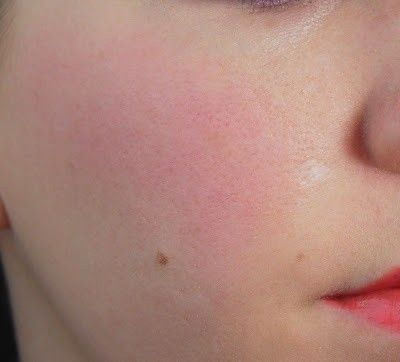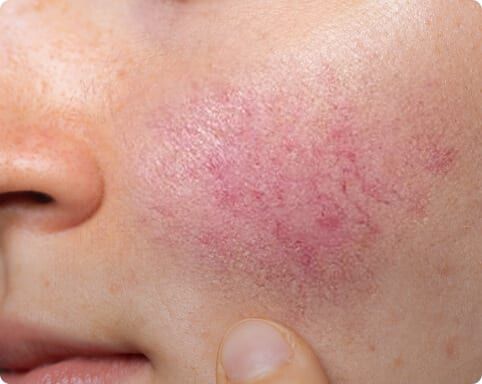
Rosacea or Psoriasis? How to Tell Them Apart
Skin issues can be a pain to deal with. They make you self-conscious and can be uncomfortable. Two of the most common skin conditions are Rosacea and Psoriasis. Both have a similar appearance; however, they are two different skin ailments that require different treatment. Rosacea is a chronic condition that causes the face to become red and irritated, while Psoriasis is characterized by red, scaly patches that can appear anywhere on the body.
In this blog, we will discuss how to tell Rosacea and Psoriasis apart.
Symptoms of Rosacea and Psoriasis
The symptoms of Rosacea and Psoriasis may overlap. However, Rosacea causes facial flushing, redness, and small, red bumps that may be filled with pus. It can also cause swollen eyelids. Psoriasis, on the other hand, has thick, red patches of skin that may be covered with silvery scales. These patches might itch or burn, and skin around them may become dry or cracked.
Location of the skin rash
The location of the rash is crucial in distinguishing whether it is Rosacea or Psoriasis. Rosacea typically appears on the face, particularly in the center of the nose, cheeks, and forehead. Meanwhile, Psoriasis appears in different parts of the body, such as the scalp, elbows, knees, and lower back.
Triggers
A trigger is something that makes Rosacea or Psoriasis worse. Rosacea can be triggered by extreme temperatures, spicy foods, alcohol, or stress. In contrast, Psoriasis can be triggered by stress, strep throat, or skin injury.
Diagnosis and Treatment
It's crucial to seek advice from a dermatologist to determine if you have Rosacea or Psoriasis, considering that they can share common symptoms. Your dermatologist will utilize skin tests to identify the skin illnesses. Once your dermatologist has identified your skin illness, they may prescribe medications that help relieve the inflammation. For Rosacea, topical antibiotics such as metronidazole are a typical prescription. Topical corticosteroids, for example, betamethasone, are used to treat Psoriasis.
While Rosacea and Psoriasis are skin conditions that can cause the same symptoms that look alike, they are completely different conditions. While Rosacea mainly causes redness and bumpy rashes on the face, Psoriasis results from thick red patches with white scales. Proper diagnosis and treatment are necessary for effective treatment of either condition. If you have any skin abnormalities, it's always best to seek medical advice right away from certified dermatologists.
